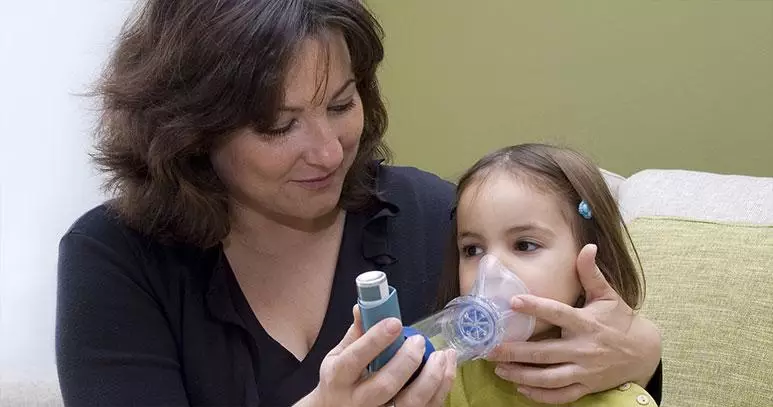About us
I'd say just do it - when you have nothing to lose, what's stopping you? Your involvement can help shape treatment for people in the future and that is so rewarding. You're in great hands, so don't worry, just get involved!
Study participant, December 2018Helen
When the COVID-19 pandemic hit we moved faster than ever before to test, treat and prevent it. We took a rapid COVID-19 test from idea to frontline clinical use in just two months. This led to a nationwide rollout of rapid COVID-19 tests, cutting in-hospital transmission across the NHS. Our researchers, in partnership with Synairgen, are also developing a new COVID-19 treatment. In early trials, inhaled interferon beta reduced the odds of people hospitalised with COVID-19 needing intensive care by almost 80%.
We are part of the national effort to deliver COVID-19 vaccines. We have been a site for many different vaccine trials, including those which led to approval of the Oxford-AstraZeneca vaccine. This work continues, helping to develop new vaccines, refine existing ones and inform the UK booster programme.
Alongside this, our research into other conditions continues. Our research showing women's nutrition and lifestyle before and during pregnancy can affect their child's risk of obesity, diabetes and heart disease has influenced international health policy. Through LifeLab we are raising awareness of this. School students who attended LifeLab understood better how their behaviour affects the health of themselves and their future children. They also assessed their own lifestyles more critically as a result.
We are also trialling a pioneering gene therapy that could lead to a cure for patients with a rare bleeding disorder. Haemophilia A is caused by a faulty gene which results in the body not making enough of a protein, known as factor VIII, which enables blood to clot. The condition often leaves patients suffering excessive bruising and bleeding from minor injuries. Patients currently receive weekly injections of a drug to replace the clotting protein. Our research could change this to a single infusion of gene therapy which will instruct the liver to start producing factor VIII protein.
The National Institute for Health Research (NIHR) funds our NIHR Southampton Biomedical Research Centre and NIHR Southampton Clinical Research Facility. In collaboration with Cancer Research UK, the NIHR also funds the NIHR CRUK Experimental Cancer Medicine Centre.
Our researchers apply competitively for grants to fund their studies and trials, themselves and their team. These come from the NIHR and a wide range of medical and health research charities and charitable foundations.
The NIHR Southampton Clinical Research Facility (CRF) is where our volunteers come to take part in early phase clinical trials. Located at the heart of the hospital, it provides a modern, dedicated space for our research to happen. It has both adult inpatient and outpatient areas and a dedicated paediatric area. Use of it gives our researchers access to a team of experienced research nurses, specialist equipment and laboratory support.
Researchers can also join the NIHR Southampton Biomedical Research Centre (BRC) to become part of a community of researchers here. This allows them to make connections with a wide range of experts who have backgrounds in both academia and healthcare.
The WISH laboratory provides bespoke translational research services to regulatory standards. This makes it ideal for work with industry. It is integrated with the CRF, enabling access to samples from research participants.
We are keen to support our early career researchers and help them fulfil their potential. Southampton Academy of Research offers advice and finds opportunities for those looking to develop their career in health research.
Our cancer research facilities support new advances in knowledge, treatments and care. They include the NIHR CRUK Experimental Cancer Medicine Centre (ECMC), Centre for Cancer Immunology (CCI) and CRUK Southampton Centre.
Other facilities include LifeLab, a state of the art teaching laboratory for school students, and the Southampton Musculoskeletal Research Unit for muscle, bone and joint research.
Clinical research helps us better understand human health and wellbeing so we can:
- improve current treatments, medicines and care, and develop new and better ones
- diagnose diseases and conditions earlier or more accurately
- prevent people from developing diseases and conditions
Clinical research trials and studies are part of everyday work in the NHS and, you might not know it but, most care that patients receive in hospitals and GP practices is the result of research.
This includes experimental medicine trials, which look at the causes of disease, how treatments work and whether they are safe, and trials to test the effectiveness of new treatments to see if they are better than what is currently available.
